# taxsavings
12 posts in `taxsavings` tag
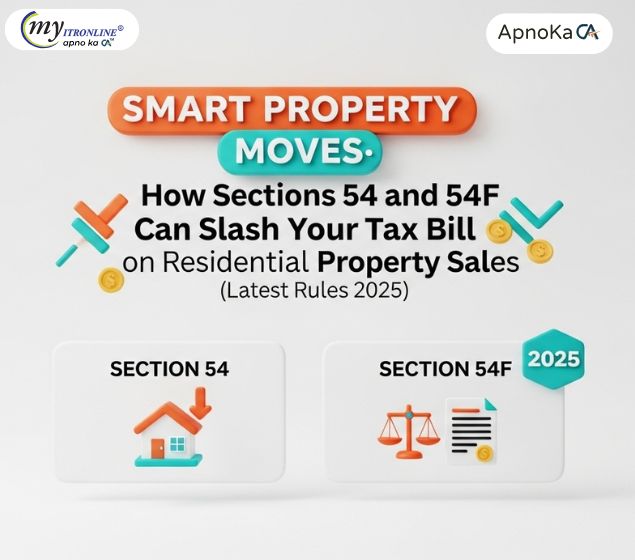
Smart Property Moves: How Sections 54 and 54F Can Slash Your Tax Bill on Residential Property Sales (Latest Rules 2025)
Discover how Sections 54 and 54F of the Indian Income Tax Act provide crucial tax exemptions on Long-Term Capital Gains from property sales. This comprehensive guide covers the latest rules for 2025, including the new ₹10 Crore cap and the two-house option under Section 54, offering practical examples and a step-by-step plan for effective tax planning.
.jpg)
Your Wallet's Choice: 8 Reasons to Stick with the Old Tax Regime for FY 2024-25
This detailed blog post explores 8 compelling reasons why India's Old Tax Regime remains a more financially attractive option for many taxpayers in FY 2024-25. It breaks down crucial benefits like Section 80C investments, home loan interest, health insurance premiums, and other key deductions/exemptions, illustrating how these can lead to significant tax savings despite the New Tax Regime's lower rates

Claiming 80E: Education Loan Interest Tax Deduction Guide
This comprehensive blog post demystifies Section 80E of the Indian Income Tax Act, which allows individuals to claim deductions on the interest paid on education loans. It details who can claim, eligible loans, the eight-year deduction window, and the crucial distinction between principal and interest. The post emphasizes the importance of accurate documentation, such as annual interest certificates, and provides actionable strategies to match figures with lender data and navigate ITR forms correctly, thereby avoiding common pitfalls that lead to tax scrutiny. Ultimately, it equips taxpayers with the knowledge to maximize their Section 80E benefits confidently.
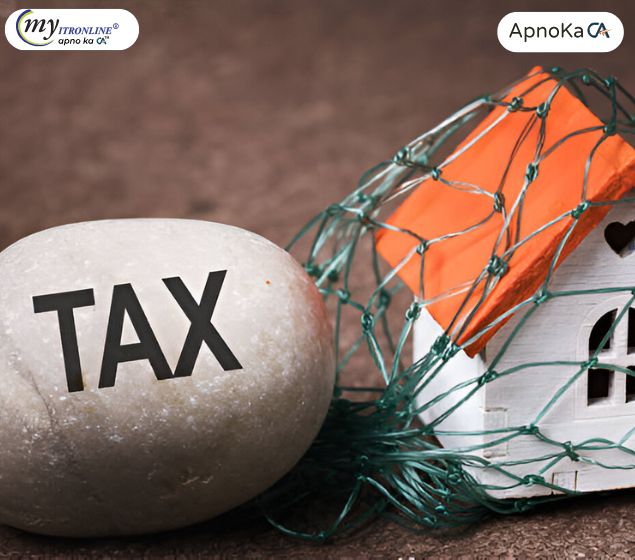
Easy Guide: Selling Your House? How to Save Tax with Section 54!
This blog provides a simple guide to Income Tax Section 54, explaining how individuals and HUFs can save tax on long-term capital gains from selling a residential house by reinvesting in a new one. It covers the core conditions, timelines, and the use of the Capital Gains Account Scheme. The main focus is on the crucial update allowing exemption for investing in two houses (if capital gain is up to ₹2 Crore), emphasizing that this benefit can be used only once in a lifetime. The post highlights common pitfalls and advises on documentation and expert consultation.

Easy Guide: Selling Your House? How to Save Tax with Section 54!
This blog provides a simple guide to Income Tax Section 54, explaining how individuals and HUFs can save tax on long-term capital gains from selling a residential house by reinvesting in a new one. It covers the core conditions, timelines, and the use of the Capital Gains Account Scheme. The main focus is on the crucial update allowing exemption for investing in two houses (if capital gain is up to ₹2 Crore), emphasizing that this benefit can be used only once in a lifetime. The post highlights common pitfalls and advises on documentation and expert consultation.

Easy Guide: Selling Your House? How to Save Tax with Section 54!
This blog provides a simple guide to Income Tax Section 54, explaining how individuals and HUFs can save tax on long-term capital gains from selling a residential house by reinvesting in a new one. It covers the core conditions, timelines, and the use of the Capital Gains Account Scheme. The main focus is on the crucial update allowing exemption for investing in two houses (if capital gain is up to ₹2 Crore), emphasizing that this benefit can be used only once in a lifetime. The post highlights common pitfalls and advises on documentation and expert consultation.

Old Tax Regime Benefits: Essential Deductions (80E, 80G, 80TTA, 80TTB) Beyond 80C
This blog post delves into crucial tax-saving sections beyond the popular 80C, specifically detailing Sections 80E (education loan interest), 80G (donations), 80TTA (savings interest for non-seniors), and 80TTB (interest on deposits for senior citizens). It explains who can claim these, their limits, and, most importantly, their non-applicability under the New Tax Regime for FY 2024-25. The post encourages taxpayers to compare regimes carefully and highlights myitronline's services for expert assistance.
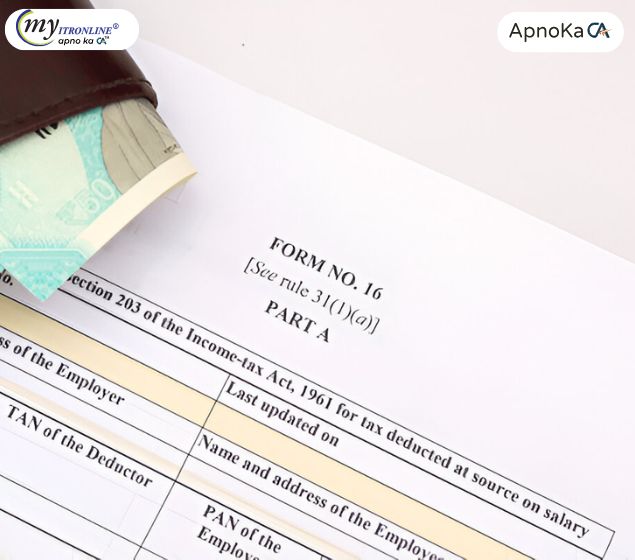
Significant Form 16 Updates for FY 2024-25: A Brief Overview!
This blog provides a concise overview of the significant updates to Form 16 for salaried employees in the Financial Year 2024-25. It highlights the increased standard deduction and improved NPS benefits under the new tax regime, along with the inclusion of other TDS/TCS information, guiding taxpayers on what to expect for their upcoming ITR filing.
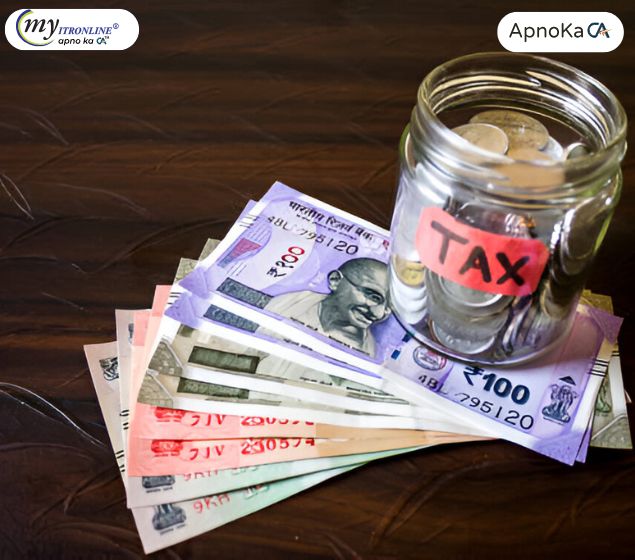
Start Your Tax Filing Now: ITR-1 & ITR-4 Excel Utilities for AY 2025-26 Released!
Big news for individual taxpayers and small businesses! The Income Tax Department has released the Excel Utilities for ITR-1 (Sahaj) and ITR-4 (Sugam) for Assessment Year 2025-26. This means you can now begin filing your income tax returns offline. This blog covers who can use these forms, the benefits of early filing, and how MYITRONLINE can provide seamless assistance.
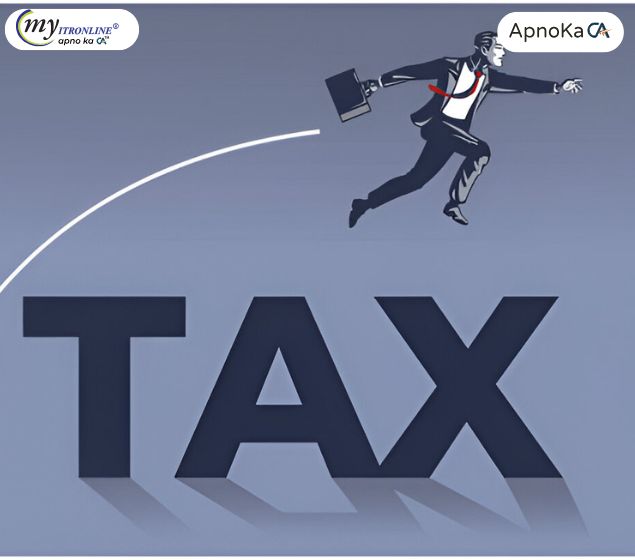
Rectify Your ITR: Claim Forgotten Section 80C Deductions and Avoid Penalties
This blog post provides a comprehensive guide for taxpayers who have missed claiming eligible deductions under Section 80C of the Income Tax Act, 1961, in their original Income Tax Return (ITR). It explains the importance of Section 80C, the concept of a Revised ITR, and offers a detailed step-by-step process for filing a revised return online. The article also emphasizes the significance of adhering to deadlines to avoid penalties and provides essential tips for a smooth filing experience, ensuring taxpayers can reclaim their rightful tax benefits
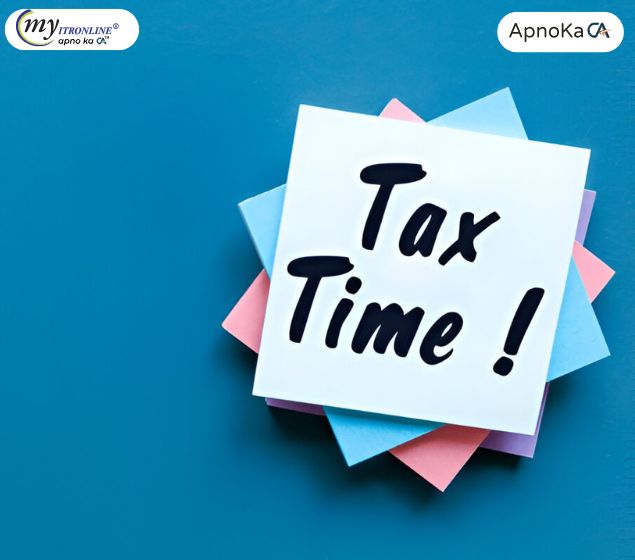
Section 44ADA Explained: Presumptive Taxation Benefits for Self-Employed
This comprehensive guide delves into Section 44ADA of the Income Tax Act, 1961, offering a simplified "presumptive taxation" scheme for eligible self-employed professionals. Discover who qualifies, how to calculate your taxable income at a minimum of 50% of gross receipts, and the significant benefits like exemption from detailed bookkeeping and tax audits. Learn about crucial compliance aspects, including advance tax and the increased ₹75 Lakhs gross receipts limit, to make informed decisions for smarter tax planning and effortless compliance.
.jpg)
Don't Miss Out! Maximize Section 87A & Claim Every Deduction in Your FY 2024-25 ITR
Maximize your savings and simplify your ITR filing for FY 2024-25! Discover how to effectively utilize the Section 87A rebate and navigate the complexities of deductions under both the old and new tax regimes. This essential guide empowers you to make informed choices, accurately claim every eligible deduction, and confidently file your ITR to prevent any unwelcome tax notices.
